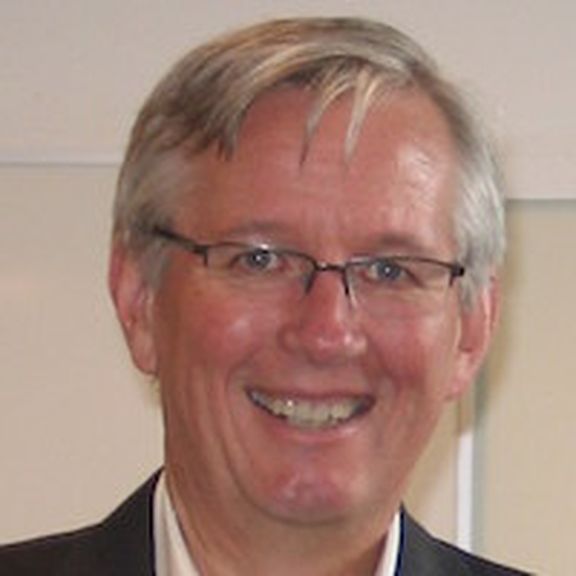I'm sure you’ve experienced something that gives you a “rush.” It’s when, all of a sudden, everything just falls into place, everything is working as it should, it seems effortless.

Sometimes we experience it in sports. For example, when I’m riding, I get it a groove, I’m in a paceline, my pedal stroke is perfect, I’m being pulled by the rider in front of me or pulling the riders behind me. It’s a perfect feeling. Alternatively, it’s when everything comes together for the perfect golf stroke, everything seems effortless and the ball goes just where you intended it (I have yet to experience this).
Sometimes, it’s in a sales call, you connect with the customer, you are in perfect synchronization with her. You and she accomplished more than you could have dreamed.
Some people call this a “flow state.” In sports, when this comes naturally, we refer to it as “muscle memory.”
Whatever it is, you crave more, you want to experience it more frequently. We want every call to go like that one “perfect meeting.”
Consistently Doing What Works
Part of the process of doing this, of creating these perfect experiences can be found in the art/science of “habit formation.”
While it may seem to be an artless articulation, habit formation–that is good habit formation is consistently doing what works and not doing what doesn’t work. It’s about recognizing those good habits and the things that trigger them, doing them consistently; while, simultaneously, stopping the things that don’t work.
We are all creatures of habit, it’s unconscious–that’s part of the problem with habits. They become so natural, we do them without thinking about them. Sometimes, when we look at great performers, they can’t articulate what makes them great. We call that “unconsciously competent.” In reality, their competence, conscious or not, is just great habits.
Our habits drive our day to day activities–whether they are good habits or bad habits. Much of the time we don’t recognize what we are doing. If our habits are bad habits, we create bad results–not because we intend to, we just are acting out of habit.
Breaking habits, changing habits, adopting new habits is HUGELY difficult. Most of the time we fail. Gym’s make huge amounts of money. They know every January, people are motivated to lose weight and get in shape. By the end of February, all they are doing is paying their monthly membership dues.
If we struggle so much in creating great habits around our health, our personal relationships, what we want to do/be as human beings, imagine how difficult it is to change our sales habits.
Eliminating Bad Sales Habits
But like anything else, great selling is about forming great selling habits and eliminating the bad selling habits.
It takes learning what good and bad habits are. It’s assessing ourselves (and our people) about what our own good and bad habits are. Then the difficult stuff happens, it’s stopping those bad habits and starting those good habits.
It requires us to “be present,” or acutely aware of what we are doing and not doing. It requires actively understanding what drives habit formation and habit execution. Even those who are outstanding performers need to constantly be conscious of “habits,” continuing to learn and improve.
Changing habits is more than understanding or learning good habits, but it’s about practicing them relentlessly, for days and months. The research varies, it can take a little as 21 days to create a new behavior and make it a habit. For the more complex, it can take 90 days or more. If you are a follower of Malcolm Gladwell, you know that personal mastery, creating great habits, takes 10,000 hours.
It’s hard to create new habits by ourselves. That’s why we are often more effective working with others (our workout partners), or why we have coaches or accountability partners. We need these people, not only to help remind us, but to help us see what we are doing right and what we might improve.
It’s no wonder, we struggle so much in selling. Even though we want to get better, we haven’t adopted the techniques of habit formation into our sales training or coaching (we aren’t, ,in most cases, doing great coaching).
Great selling is about habit formation.
Lousy selling is also about habit formation. Unfortunately, these are bad habits which are easier to learn than good habits.
The choice is yours.
David Brock is president of Partners in EXCELLENCE, a management consulting firm focused on sales productivity, channel development, strategic alliances and more. Read more blogs from Brock here.




